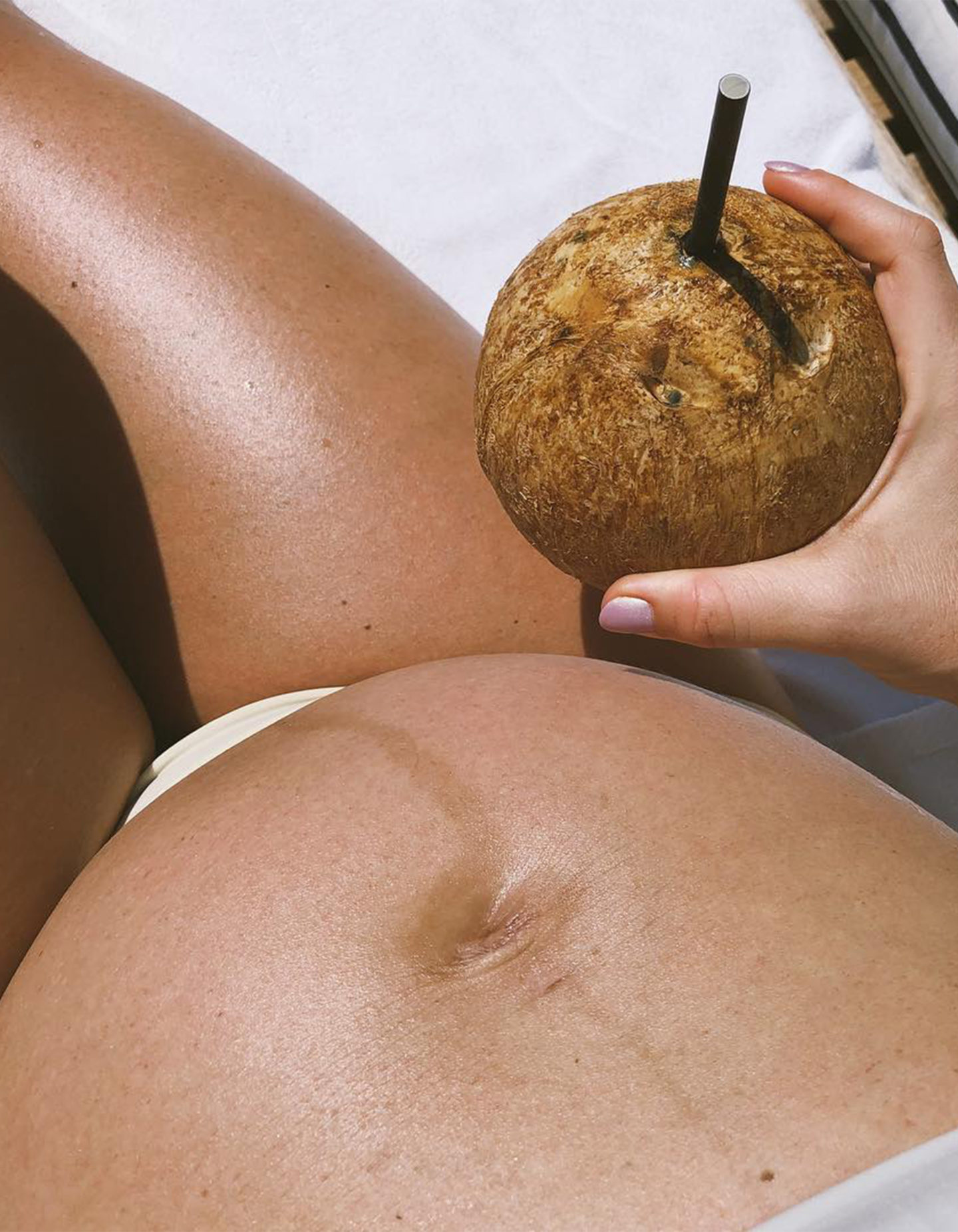An episiotomy is a surgical cut in the area between the vagina and the anus (otherwise known as the perineum). This cut is made to open up your vagina prior to delivering. OB’s used to do these often to speed up the labor process and prevent your vagina from tearing, but within the last 20 years, studies have shown up suggesting that women who tear on their own generally recover better and with fewer complications. The American Congress of Obstetricians and Gynecologists got on board and said the procedure shouldn’t be done routinely.
While the incidence of episiotomies has been on the decline, there are a few situations in which an episiotomy might be helpful. If your baby is super big and your OB needs a little extra room during delivery, especially to apply forceps, they may opt to do one. Also, if your babe needs to be born as quickly as possible, maybe due to a heart rate sitch, your OB may decide that an episiotomy will move the delivery along to see that your baby is delivered safely.
If you’re concerned about having an episiotomy, talk to your doctor about the procedure. Ask under which circumstances they might perform one and look into alternative ways to loosen up the area prior to labor, such as massage or using hot compresses.









